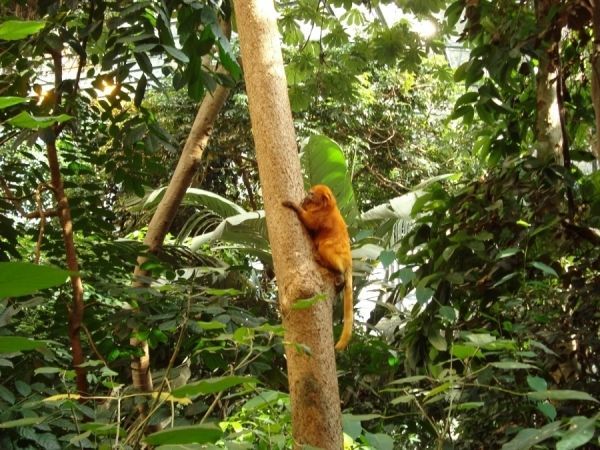Researchers classify 258 protected areas in Brazil as “moderately vulnerable” and 17 as “highly vulnerable”. Areas at greatest risk are in the Amazon, Atlantic Rainforest and Cerrado biomes.
articles
New Study Highlights the Role of Sea Sponges in Combating Climate Change
Researchers have revealed how marine sponges contribute to the ecological functioning of global oceans.
Study Shows Southern California Earthquakes Increased Stress on Major Fault Line
A University of Iowa-led study has found that a series of Southern California earthquakes last summer increased stress on the Garlock Fault, a major earthquake fault line that has been dormant for at least a century.
J-WAFS Zeroes in on Food Security as Agricultural Impacts of the Climate Crisis Become More Apparent
The Abdul Latif Jameel Water and Food Systems Lab presents a new report on climate, agriculture, water, and food security — with plans for more research.
Drones Help Map Iceland’s Disappearing Glaciers
A new 3D process which involves old aerial photos and modern-day drone photography has shed light on accelerated ice loss from some of Iceland’s largest glaciers.
Climate Models and Geology Reveal New Insights Into the East Asian Monsoon
A team of scientists, led by the University of Bristol, have used climate models and geological records to better understand changes in the East Asian monsoon over long geologic time scales.










